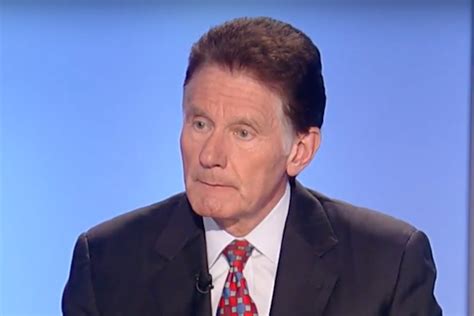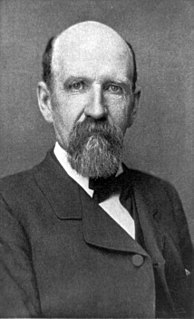A Quote by John Moody
The public conviction that a railroad linking the West and the East was an absolute necessity became so pronounced after the gold discoveries of '49 that Congress passed an act in 1853 providing for a survey of several lines from the Mississippi to the Pacific.
Related Quotes
Unable to maintain their government-granted monopoly, the powerful railroad
interests turned to government to do the regulating and price-fixing which they
were unable to do themselves. In fact, the pressure that induced Congress to
enact the Interstate Commerce Act of 1887 did not come from reformers bemoaning
abuses by the powerful railroad interests; it came from the railroad interests
themselves, asking Congress to shield them against the harsh winds of
competition.
One hundred and fifty years ago the vacant lands of the West were opened to private use. One hundred years ago the Congress passed the Homestead Act, probably the single greatest stimulus to national development ever enacted. Under the impetus of that Act and other laws, more than 1.1 billion acres of the original public main have been transferred to private and non-federal public ownership. The 768 million acres remaining in federal ownership are a valuable national asset.
The majority of the men of the North, and of the South and East and West, are not men of principle. If they vote, they do not sendmen to Congress on errands of humanity; but while their brothers and sisters are being scourged and hung for loving liberty,... it is the mismanagement of wood and iron and stone and gold which concerns them.
Just about everything significant in my life happened after I passed forty. I was a housewife and mother, but yearned to be a writer. I worked at my writing whenever I could snatch a moment, and I assembled several manuscripts. I was just about forty when my first novel, East Wind, West Wind, was published. Then a few months later came The Good Earth. My career was launched at last, and it has given me the richest possible satisfaction



































